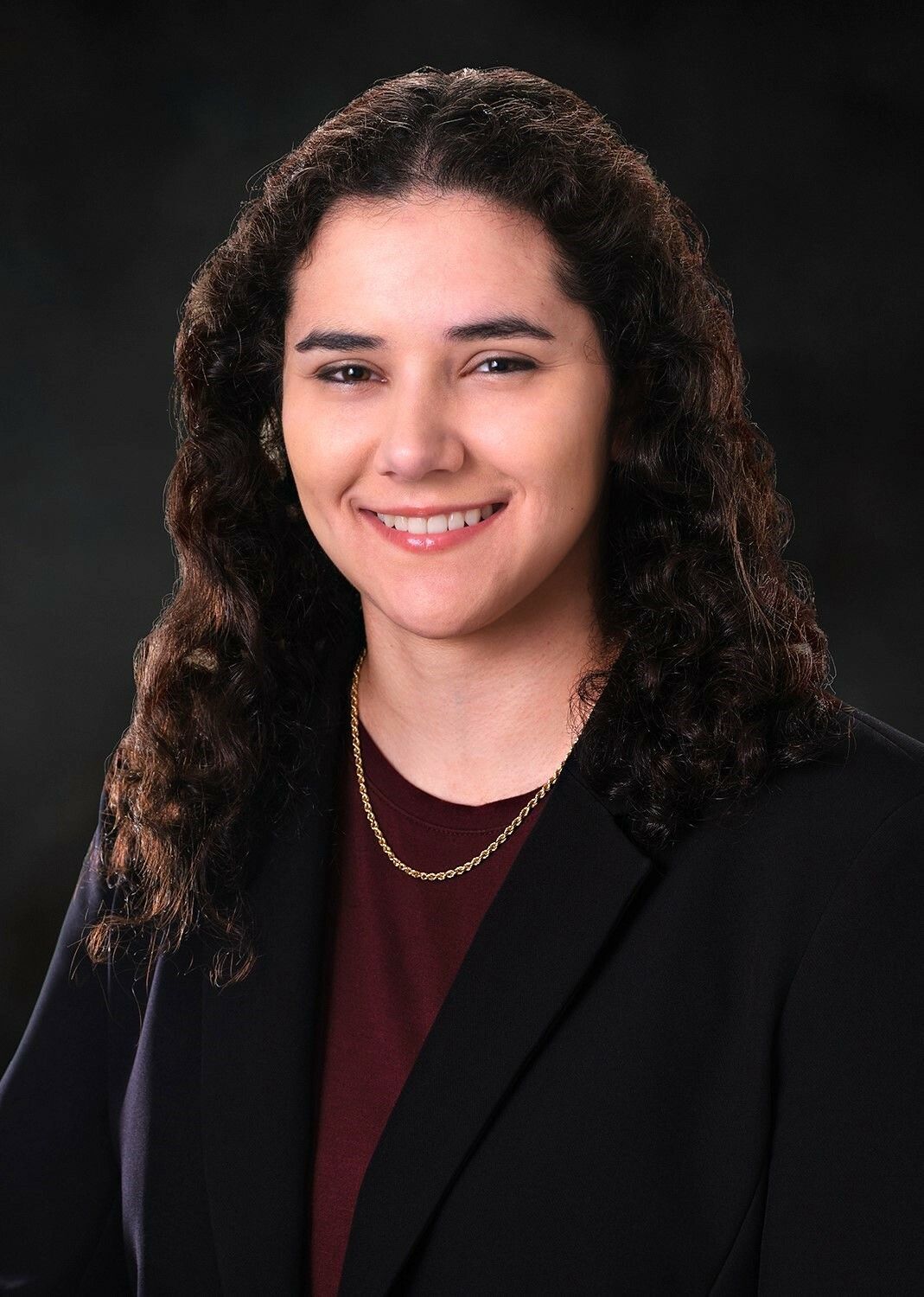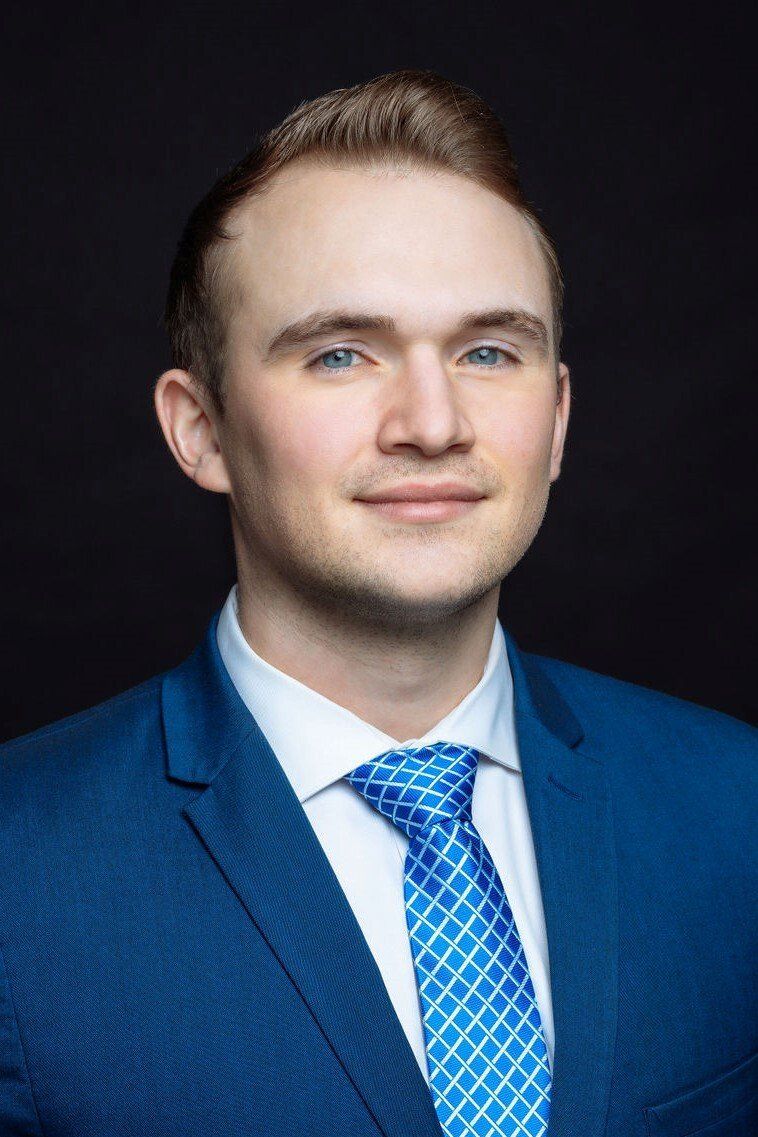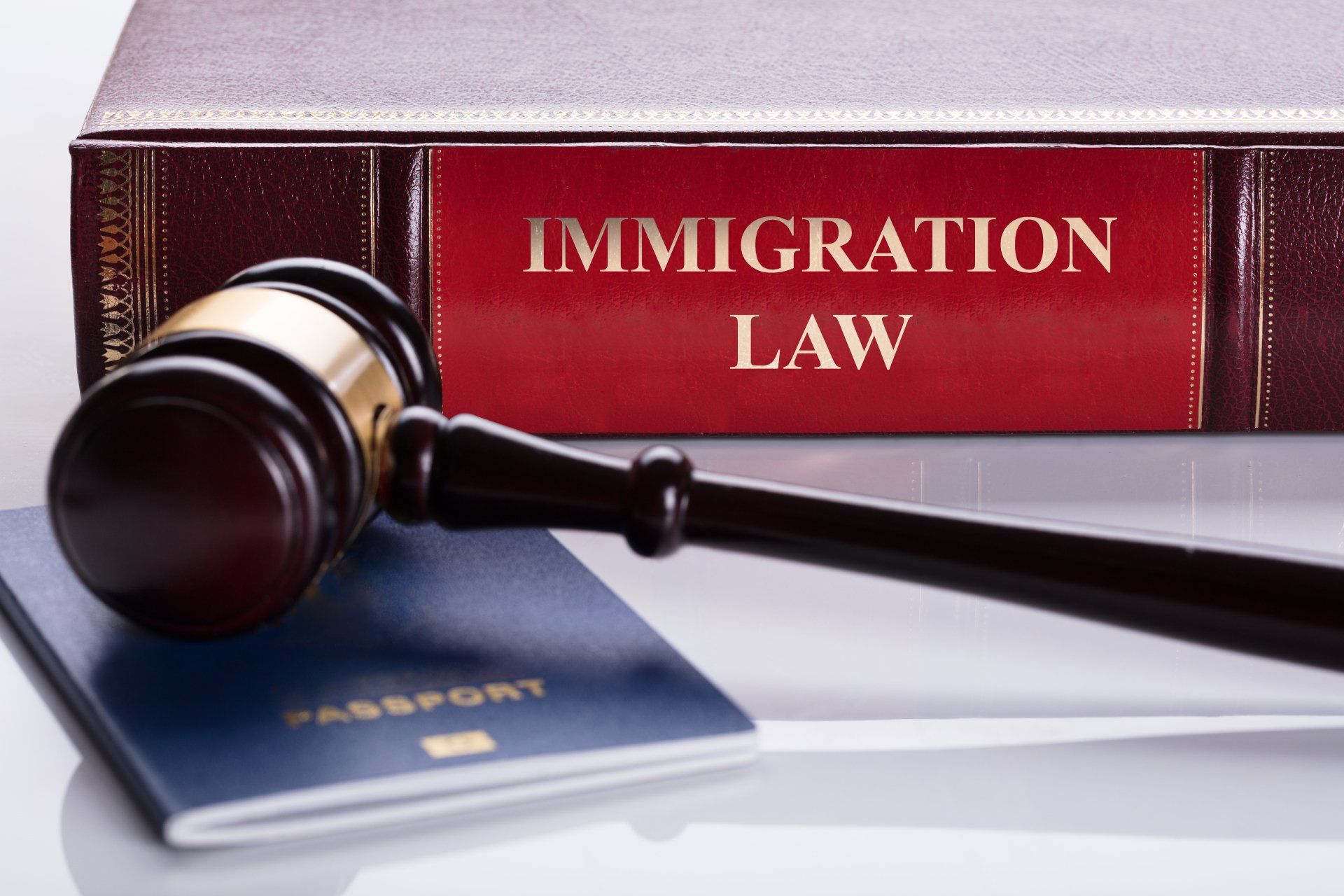Immigrant Provisional Waivers--Not Living Up to Expectations
Immigrant Provisional Waivers--Not Living Up to Expectations
Last year, United States Citizenship and Immigration Services ("USCIS") announced the Provisional Unlawful Presence Waiver ("Provisional Waiver") in hopes of common sense reform that would assist families to stay together. Traditionally, when a relative of an immigrant who entered without inspection filed an immigration petition on his or her behalf, the immigrant would leave the country for the immigrant visa interview, be denied due to inadmissibility, and then file for waiver of the inadmissibility bar outside the U.S. With the traditional waiver, immigrants were left outside the U.S. in a sort of purgatory while waiting on a decision from USCIS.
This new Provisional Waiver process allows qualifying visa applicants, who only need a waiver of inadmissibility for unlawful presence, to apply for a waiver while remaining in the U.S. If approved, they would have a Provisional Waiver before they leave the U.S. for their immigrant visa interviews with the conditional assurance that they would be allowed to return. This differs from a traditional waiver, which can only be filed once an applicant has been found inadmissible abroad. The new process shortens the time U.S. citizens are separated from their family members while obtaining lawful status, but the reform is not living up to all of the expectations. To be eligible for the Provisional Waiver, the immigrant must be the spouse, parent, or minor child of a U.S. citizen and be admissible on all other grounds but for their unlawful presence in the U.S.
Since the Provisional Waiver has come into effect, there have been some difficulties for immigrant applicants. Waivers that appear to be good, if not model cases, are being denied all over the U.S. The culprit for these surprising denials is the current USCIS standard that requires its officers to deny the Provisional Waiver application if there is a "reason to believe"that an applicant may be inadmissible to the U.S. at the time of the immigrant visa interview, based on another ground of inadmissibility other than unlawful presence. Many seemingly eligible immigrants have had their applications denied with lightning speed because of this strict standard, despite the fact that they would not be disqualified under the published standards for the traditional waiver. Some of the reasons why applications are being denied are DUIs, juvenile offenses, presentation of false names, cumulative criminal history, and lack of documentary evidence.
In January, USCIS published a field guidance memorandum announcing that they have revised the "reason to believe" standard to be more lenient regarding criminal history. Under the new memorandum, the officers are not supposed to deny petitions for petty offenses, for youthful offenders, or crimes that do not involve moral turpitude, but there is no guarantee of how the officers will enforce this tweaking of the standard. Even with this recent improvement, under the "reason to believe" standard, all criminal history is presumed to be a material negative discretionary factor in the case. Any immigrant with a criminal history should proceed with caution and consult a qualified immigration attorney when deciding whether to file for a Provisional Waiver.
Unfortunately, the strict enforcement of the "reason to believe" standard is disheartening for immigrants who would be granted a waiver in their home country. The immigrants do not want to risk leaving the U.S., because they have been told there is a reason to believe they would be denied a traditional waiver application and they would not be allowed to return. USCIS also reserves the right to place any immigrant whose Provisional Waiver application is denied in removal (deportation) proceedings, which creates further apprehension against filing a Provision Waiver at all. As potentially life-changing choices must be made, immigrants with potential issues should consult with a qualified immigration attorney prior to filing a provisional waiver application due to the severe consequences.
GKH strives to keep you informed of the developments regarding immigration issues. Please call the GKH Immigration Group toll free at 888-463-8117, or send an e-mail herefor more information or representation in your immigration process. We help clients through the internet from around the U.S. and the world. Let us help you no matter where you are, near or far!
About the Author
GKH attorneys pride themselves on being on the forefront of new immigration developments to best serve clients located around the world. Brittany Thomas joined GKH in 2012 as a member of GKH's Immigration Group and focuses her practice on immigration including Deferred Action for DREAMers, family based immigration petitions, and employment based petitions. She received her B.A. from Pennsylvania State University in 2009, and her J.D. from the University of Tennessee in 2012 where she was Director of the College of Law's Pro Bono Program. Before coming to GKH, Ms. Thomas worked at several immigration non-profits and created the College of Law's U Visa Alternative Spring Break Program. She is committed to providing personalized, cost-effective immigration services for her clients around the world and across the U.S.
This blog is not intended to create an attorney/client relationship or provide legal advice. Please contact the author if you have any questions or comments regarding the subject matter.










